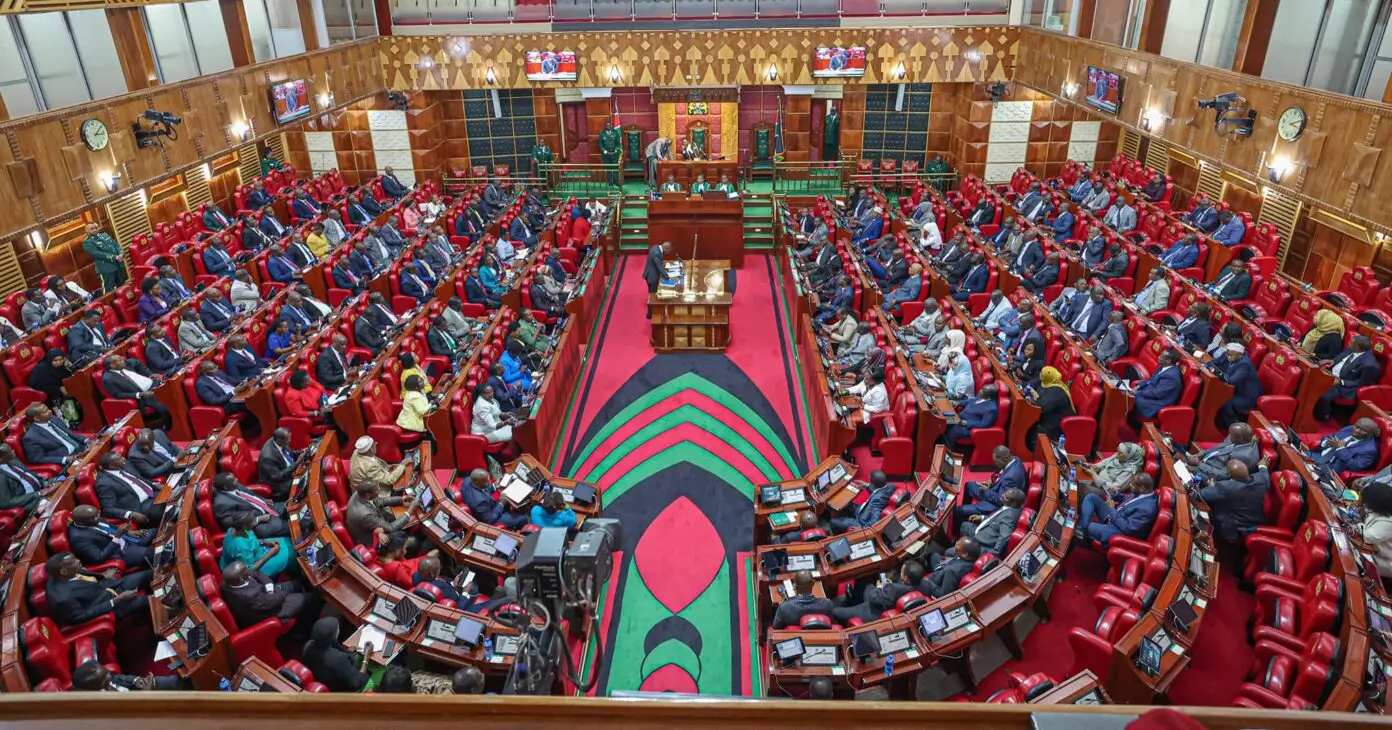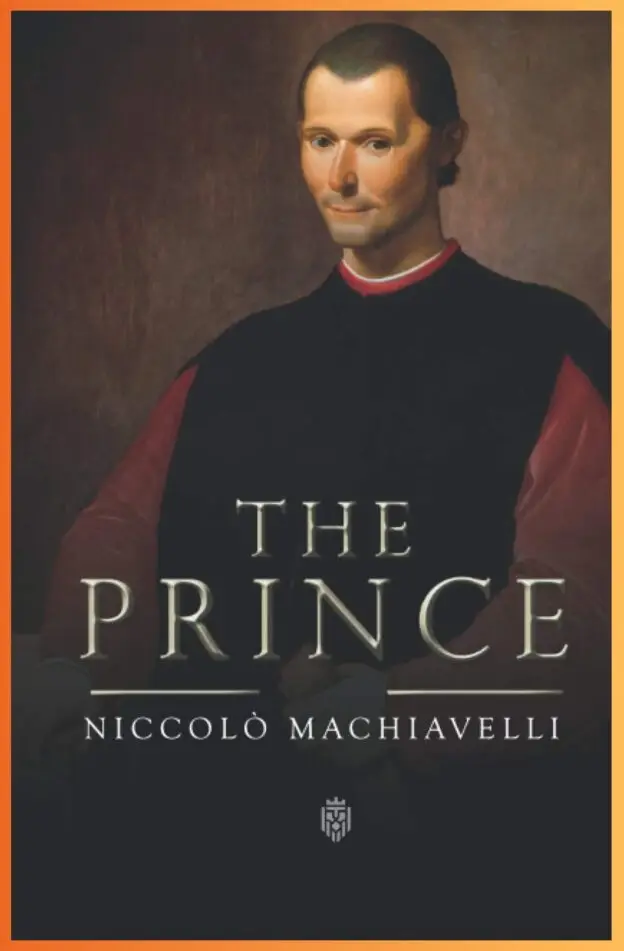Physical Address
Nairobi Kenya
Physical Address
Nairobi Kenya


By Alex Ecamby
“If the people are corrupt, good laws are useless,” penned Niccolò Machiavelli, a philosopher variously termed a cynic, but actually a shrewd student of human nature. This observation, that the effectiveness of laws depends on the goodness of the people has a difficult application to the modern world. Kenya, marked by its active democratic process but plagued by chronic breakdowns of governance, is a strong demonstration of this Machiavellian maxim. Machiavelli cautioned that in decadent societies, liberty itself becomes perilous. Laws are no longer instruments of justice or public order; rather, they are distorted into instruments of private enrichment and political expediency. This assessment encapsulates the path of Kenya’s post-colonial politics, where leadership has tended to be a competition for who receives access to state resources, rather than a vocation to public service.

In spite of the promise of the 2010 Constitution, a celebrated one of Africa’s most progressive charters, full of rights, checks, and decentralization, Kenya is still stuck in the depths of deep institutional malaise. It is not the lack of law that plagues the country, but the emptiness of its enforcement. Anti-corruption, anti-impunity, and anti-abuse of office laws abound, but are often selectively applied, used as weapons against political opponents, or made ineffective by elite capture. The rot, as Machiavelli would argue, is not in the design of the legal system but in the moral character of the people who inhabit it.
For Machiavelli, good laws issue from necessary conflict, productive tension between rivalrous interests that might make the prospect of order possible. But where corruption infects the social tissue, even conflict looses its capacity to generate change. Rather than being a lever for reform, it becomes an ugly fight for spoils. The violence after 2007-2008 in Kenya is one such case. A national trauma that could have been the catalyst for deep moral accounting and systemic rebirth. It actually did bring change to the constitution. But momentum was quickly redirected. Elites re-calibrated institutions to retain their privileges. The integrity safeguards of the new constitution were rolled back, and the entrenched culture of ethnic mobilization and clientelism experienced a sharp revival. Institutions like the Ethics and Anti-Corruption Commission are still starved of resources, politicized, or structurally disabled. For Machiavelli, there would be no surprise. The people had not internalized the moral demands of the new order; while the republic was rebuilt, the civic virtue necessary to make republics work remained a distant prospect.
Kenya’s adoption of political freedoms, multiparty elections, freedom of speech, and civil society activism has been invoked again and again not to deepen democracy but to abuse its surface features. Elections are ethnic zero-sum contests. Political parties are instruments of personality and tribal identity, and not as ideological or policy-based platforms. Freedom of speech is invoked to provoke division or launder propaganda. This is not a failure of democratic institutions, but a failure of democratic citizens. Since 2002, Kenya has experienced four constitutional transfers of presidential power, each followed by reformist rhetoric. Patronage networks and corruption cartels, however, continue to function with ease, indicating that the republic is “corrupt” in the Machiavellian sense: it maintains appearances while eroding substantive integrity.
At the heart of Machiavelli’s political thought lies a harsh but indispensable truth: A stable republic cannot survive unless there is civic virtue. No constitution, no matter how carefully crafted, can thrive in a society where there is rampant moral decay. In Kenya, impunity has created a culture where unethical behavior is not only accepted but often admired. Bribery is described as pragmatism, nepotism as familial duty, and disregard for rules as shrewdness. As a result, there is a moral perversion where vice masquerades as virtue. Without a deep engagement with this ethical decay, no policy, reform, or legislation can bring about lasting change.
Civic discipline, according to Machiavelli, does not entail blind obedience to power; rather, it entails a shared ethic of public duty. But in Kenya, the ethic of “kujipanga” circumspect positioning began to come at the expense of “utu”, the sense of care and humanity. This privatization of public goods, evident in ordinary citizens and top government officials alike, erodes the very foundations of the state. Under such conditions, even the most optimal systems of government can collapse, not due to foreign aggression, but due to internal decay.
But Machiavelli was no fatalist. He believed that collapse could be halted by what he called “founding moments” moments of moral renewal under the guidance of visionary and moral leaders. Kenya is not fated to stay stuck in its current state. But to build a new future, the country must break out of its preoccupation with reforming institutions and laws to changing the character of its people.
The first step is to revitalize civic education, not as bureaucratic ritual, but as value-driven and continuous struggle for national rebirth. Ethics, constitutionalism, and the dignity of citizenship need to be taught from primary school to university. In addition, Kenyans need to stop leaving reform to politicians. Active citizenship, demanding openness, engagement in public process, and rejecting corrupt candidates is key to breaking the culture of impunity. In addition, the country needs to demand leaders not just based on abilities but character. Leadership should be a demonstration of integrity, even if such an office is not popular. Lastly, public accountability processes need to be shielded from politics. Independent institutions, investigative reporting, and protection of whistleblowers need to be enhanced, thus creating a culture where corruption is the exception rather than the rule. Finally, Machiavelli’s warning is dark and urgent. No republic can survive if its people abandon virtue. Kenya is currently at a crossroads. It can keep the easy path of nominally reforming laws but shying away from the more profound moral decay, or it can take the more difficult path of national character building. In a country where liberty is commonly abused and corruption is embedded in the texture of everyday discourse, only a moral renaissance begun from both leadership and citizens can revive the republic’s promise. In Machiavelli’s words: Kenya’s destiny does not lie in its institutions, but in the character of its people.
#WatchOutForNextRepublik